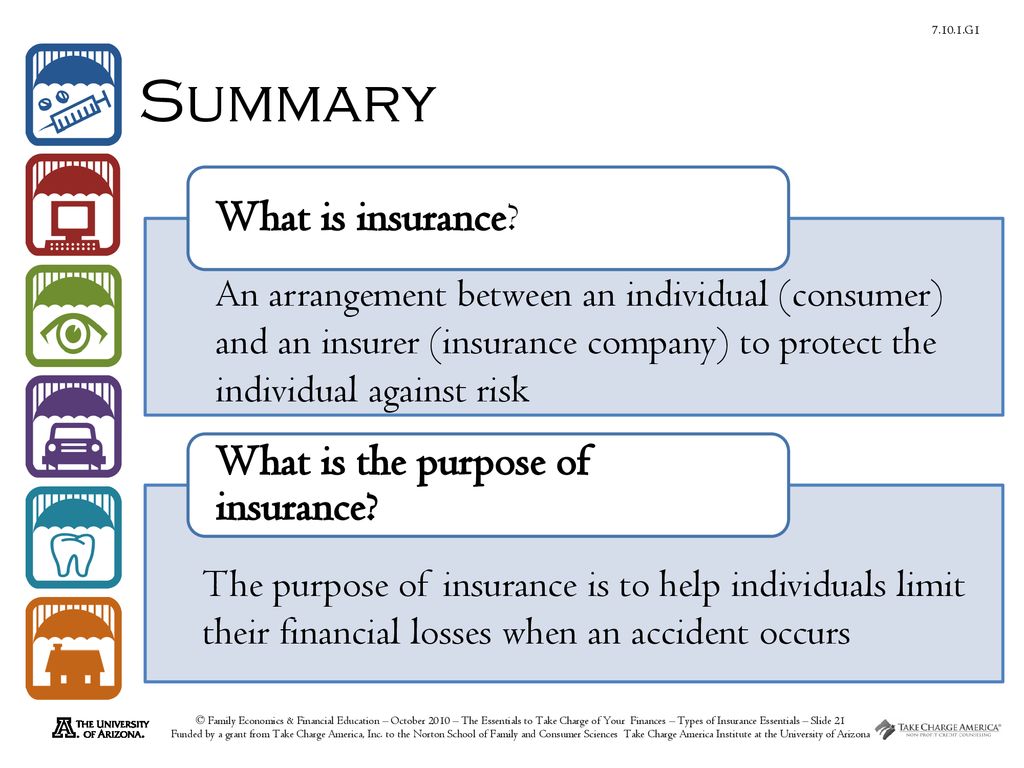Whole life and universal life insurance are both thought about irreversible policies. That implies they're designed to last your whole life and won't end after a certain amount of time as long as required premiums are paid. They both have the potential to build up money worth in time that you may be able to obtain versus tax-free, for any reason. Because of this feature, premiums may be greater than term insurance coverage. Entire life insurance policies have a set premium, suggesting you pay the same quantity each and every year for your coverage. Similar to universal life insurance coverage, entire life has the possible to accumulate money value with time, producing an amount that you might be able to borrow against.
Depending on your policy's possible cash value, it may be utilized to avoid a premium payment, or be left alone with the prospective to build up worth gradually. Possible development in a universal life policy will vary based on the specifics of your specific policy, along with other aspects. When you purchase a policy, the issuing insurance provider establishes a minimum interest crediting rate as described in your contract. Nevertheless, if the insurance company's portfolio makes more than the minimum interest rate, the business may credit the excess interest to your policy. This is why universal life policies have the possible to earn more than a whole life policy some years, while in others they can make less.
Here's how: Considering that there is a money worth element, you may be able to skip exceptional payments as long as the money worth suffices to cover your required expenses for that month Some policies might allow you to increase or reduce the death benefit to match your particular scenarios ** Oftentimes you might obtain versus the money worth that may have collected in the policy The interest that you may have earned in time accumulates tax-deferred Entire life policies offer you a repaired level premium that will not increase, the prospective to collect cash worth with time, and a fixed death advantage for the life of the policy.
As a result, universal life insurance coverage premiums are typically lower during periods of high rates of interest than entire life insurance premiums, frequently for the very same amount of protection. Another key difference would be how the interest is paid. While the interest paid on universal life insurance coverage is frequently changed monthly, interest on an entire life insurance policy is usually changed yearly. This could imply that during durations of increasing interest rates, universal life insurance coverage policy holders may see their money worths increase at a rapid rate compared to those in whole life insurance policies. Some people may prefer the set survivor benefit, level premiums, and the potential for growth of an entire life policy.
Although entire and universal life policies have their own unique functions and advantages, they both focus on providing your enjoyed ones with the cash they'll need when you pass away. By dealing with a qualified life insurance representative or business representative, you'll have the ability to choose the policy that best satisfies your individual needs, spending plan, and monetary goals. You can likewise get afree online term life quote now. * Offered required premium payments are prompt made. ** Increases may undergo extra underwriting. WEB.1468 (How much is homeowners insurance). 05.15.
6 Easy Facts About How Does Health Insurance Work Explained

You don't need to guess if you should register in a universal life policy due to the fact that here you can discover all about universal life insurance benefits and drawbacks. It's like getting a preview before you buy so you can choose if it's the best kind of life insurance coverage for you. Keep reading to learn the ups and downs of how universal life premium payments, cash value, and death advantage works. Universal life is an adjustable type of long-term life insurance that enables you to make modifications to two primary parts of the policy: the premium and the survivor benefit, which in turn impacts the policy's money worth.
Below are some of the overall benefits and drawbacks of universal life insurance. Pros Cons Designed to provide more flexibility than entire life Does not have actually the guaranteed level premium that's readily available with entire life Cash worth grows at a variable interest rate, which might yield greater returns Variable rates also imply that the interest on the money worth could be low More chance to increase the policy's cash value A policy typically requires to have a positive money value to stay active One of the most appealing features of universal life insurance is the ability to choose when and just how much premium you pay, as long as payments fulfill the minimum quantity needed to keep the policy active and the IRS life insurance guidelines on the maximum amount of excess premium payments you can make (How does health insurance work).
But with this versatility also comes some drawbacks. Let's review universal life insurance benefits and drawbacks when it pertains to altering how you pay premiums. Unlike other types of irreversible life policies, universal life can change to fit your monetary needs when your money circulation is up or when your budget plan is tight. You can: Pay greater premiums more regularly than required Pay less premiums less typically and even avoid payments Pay premiums out-of-pocket or use the money value to pay premiums Paying the minimum premium, less than the target premium, or avoiding payments will adversely affect the policy's cash value.